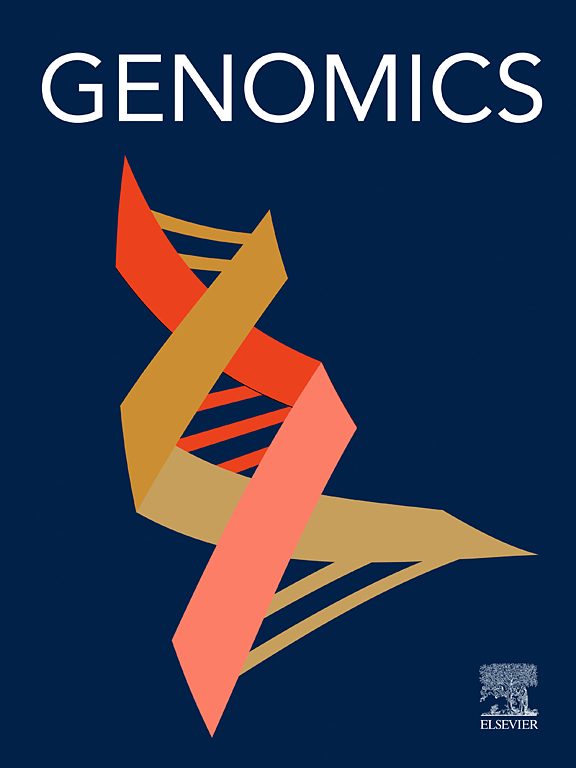A modular pipeline for evidence-integrated genome annotation across species: A case study on Schmidtea mediterranea
IF 3
2区 生物学
Q2 BIOTECHNOLOGY & APPLIED MICROBIOLOGY
引用次数: 0
Abstract
Despite advancements in genome annotation tools, challenges persist for non-classical model organisms with limited genomic resources, such as Schmidtea mediterranea. To address these challenges, we developed a flexible and scalable genome annotation pipeline that integrates short-read (Illumina) and long-read (PacBio) sequencing technologies. The pipeline combines reference-based and de novo assembly methods, effectively handling genomic variability and alternative splicing events. To improve splice site detection accuracy, DeepSplice deep learning predictions are used. Functional annotation is conducted to filter out low-confidence transcripts and ensure biological relevance. Applying this pipeline to the asexual strain of S. mediterranea revealed thousands of previously undescribed putative genes and transcripts, and improved the existing gene models, highlighting its utility in annotating complex, underexplored genomes. The modularity and comprehensiveness of our pipeline ensure its adaptability for genome annotation across diverse species, making it a valuable tool for annotating genomes of non-model organisms and supporting broader genomic research. The source code and implementation details are available at https://github.com/Norreanea/SmedAnno.
跨物种证据整合基因组注释的模块化管道:以地中海Schmidtea mediterranea为例
尽管基因组注释工具取得了进步,但对于基因组资源有限的非经典模式生物(如地中海Schmidtea mediterranea),挑战仍然存在。为了应对这些挑战,我们开发了一个灵活且可扩展的基因组注释管道,该管道集成了短读(Illumina)和长读(PacBio)测序技术。该管道结合了基于参考和从头组装方法,有效地处理基因组变异性和替代剪接事件。为了提高剪接位点检测的准确性,使用了DeepSplice深度学习预测。功能标注过滤低置信度转录本,保证生物学相关性。将该管道应用于地中海稻的无性菌株,揭示了数千个先前未描述的假定基因和转录本,并改进了现有的基因模型,突出了其在注释复杂的、未开发的基因组方面的应用。该管道的模块化和全面性确保了其对不同物种基因组注释的适应性,使其成为非模式生物基因组注释和支持更广泛的基因组研究的有价值的工具。源代码和实现细节可在https://github.com/Norreanea/SmedAnno上获得。
本文章由计算机程序翻译,如有差异,请以英文原文为准。
求助全文
约1分钟内获得全文
求助全文
来源期刊

Genomics
生物-生物工程与应用微生物
CiteScore
9.60
自引率
2.30%
发文量
260
审稿时长
60 days
期刊介绍:
Genomics is a forum for describing the development of genome-scale technologies and their application to all areas of biological investigation.
As a journal that has evolved with the field that carries its name, Genomics focuses on the development and application of cutting-edge methods, addressing fundamental questions with potential interest to a wide audience. Our aim is to publish the highest quality research and to provide authors with rapid, fair and accurate review and publication of manuscripts falling within our scope.
 求助内容:
求助内容: 应助结果提醒方式:
应助结果提醒方式:


